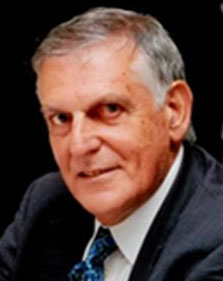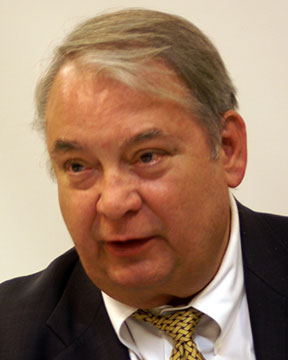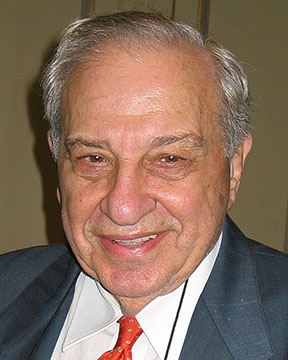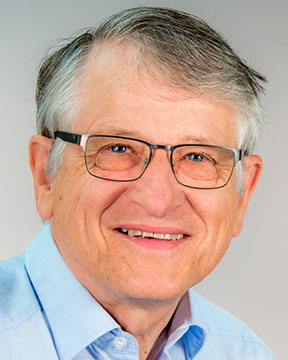




















|
- Oxidative Stress
- Reactive Oxygen Species (ROS) - Reactive Hydrogen Species (RNS) - Free Radicals - Hydrogen peroxide - Peroxynitrite - Nitric Oxide |
- Cellular Oxidative Damage
- Apotosis - Autophagy - Autophagocytosis - Endocrine-Disrupting Chemicals |
|
- Anti-Oxidants
- Antioxidant Therapeutic Options - Vitamin C - Glutathione - Tocopherol - Food Complements |
- Mitochondria
- Macrophages - Lymphocytes - Phagocytosis - Lysosomes |
|
- Ageing
- Diabetes Type I - Cancers - Cancer Initiation - Cancer Microtissular Environment - Cancer Cells Proliferation - Auto-immune Diseases - Sex differences in autoimmune disease - Immunosuppressive Drugs - Autoimmune dysthyroidism - Chronic Inflammation - Multiple Sclerosis - Sjogren's syndrome - Scleroderma - Inflammatory Rheumatic Diseases - Rheumatoid Arthritis - Intestinal Microbiote - Crohn Disease - Inflammatory Gastrointestinal Diseases |
- Brain Diseases
- Neurodegenerative Diseases - Alzheimer Disease - Parkinson Disease - Brain Ischemia - Amyloid beta - Tau Protein - Cardiovascular Diseases - Myocardial Infarction - Post-Ischemic Perfusion Injury - Stroke |







